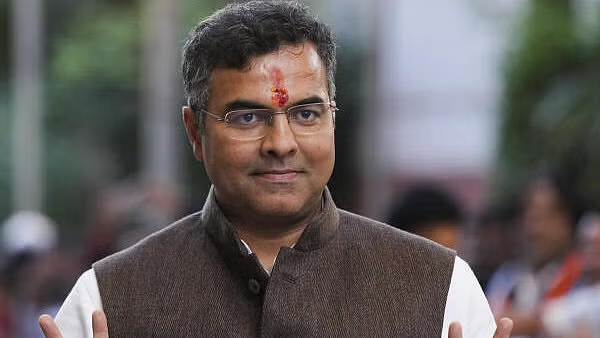The Dalai Lama, the spiritual leader of Tibetan Buddhism, emphasised that his successor would be born in the “free world,” referring to areas outside of China, as reported by Radio Free Asia (RFA). In contrast, Beijing maintained that the process of selecting his successor must adhere to Chinese law, asserting its control over Tibetan Buddhism and rejecting any succession beyond its authority, RFA reported.
Tibetan tradition believes that when a senior Buddhist monk passes away, his soul is reincarnated in the body of a child. The current Dalai Lama, who was recognized as the reincarnation of his predecessor at the age of two, had previously mentioned that the lineage of spiritual leaders could end with him. China gained control of Tibet in 1950, resulting in tensions and resistance. In 1959, at 23 years old, the 14th Dalai Lama, Tenzin Gyatso, fled to India with thousands of Tibetans following a failed uprising against Mao Zedong’s Communist rule.



